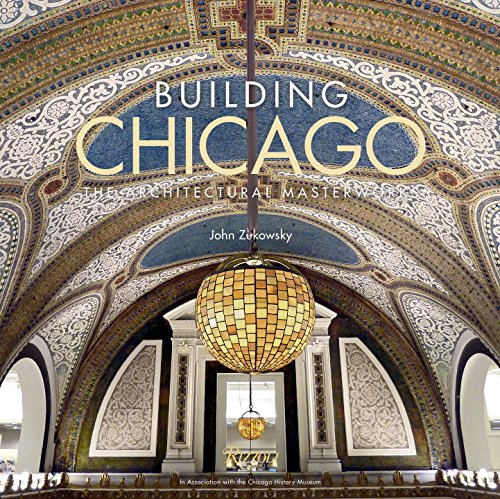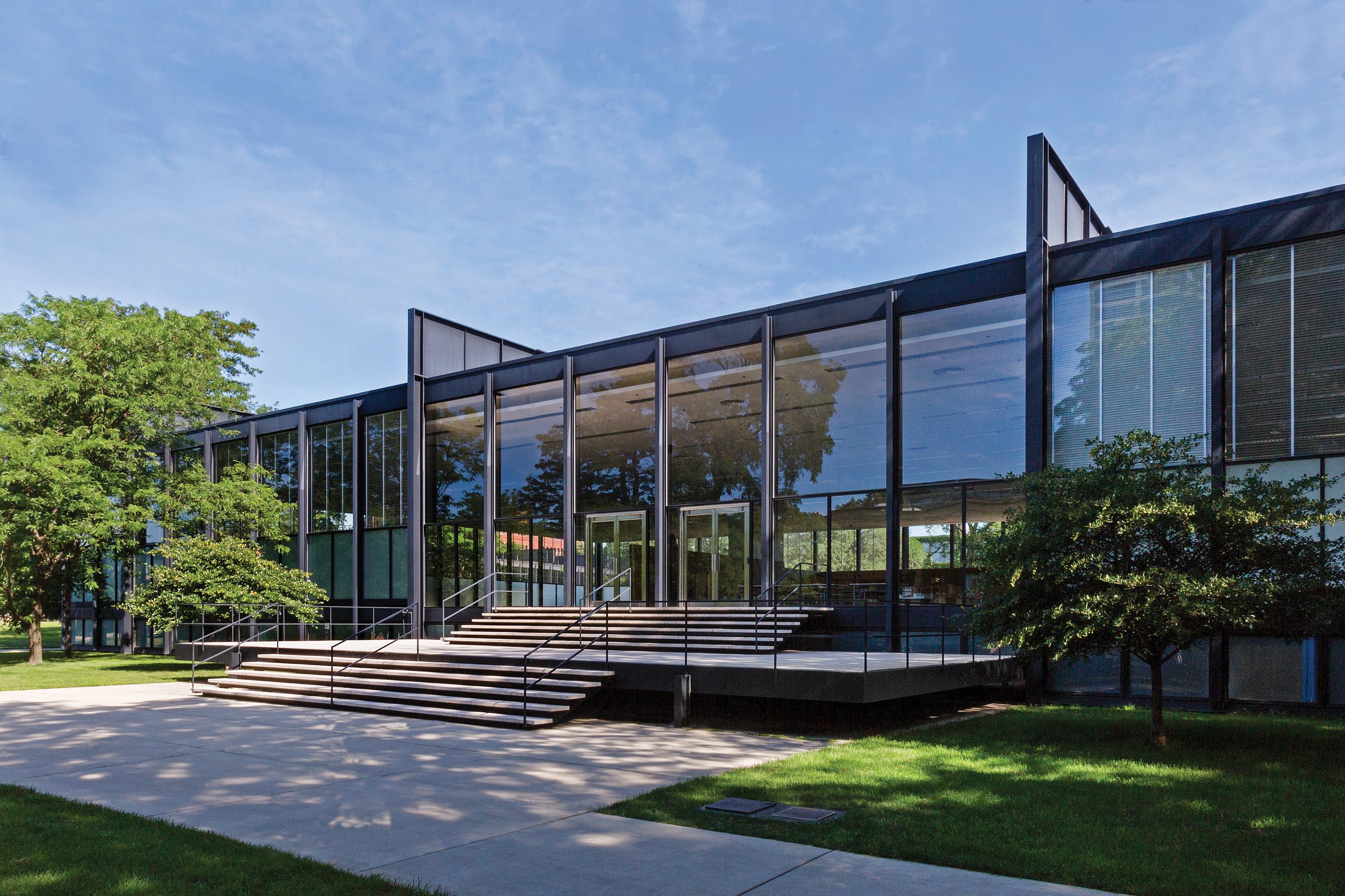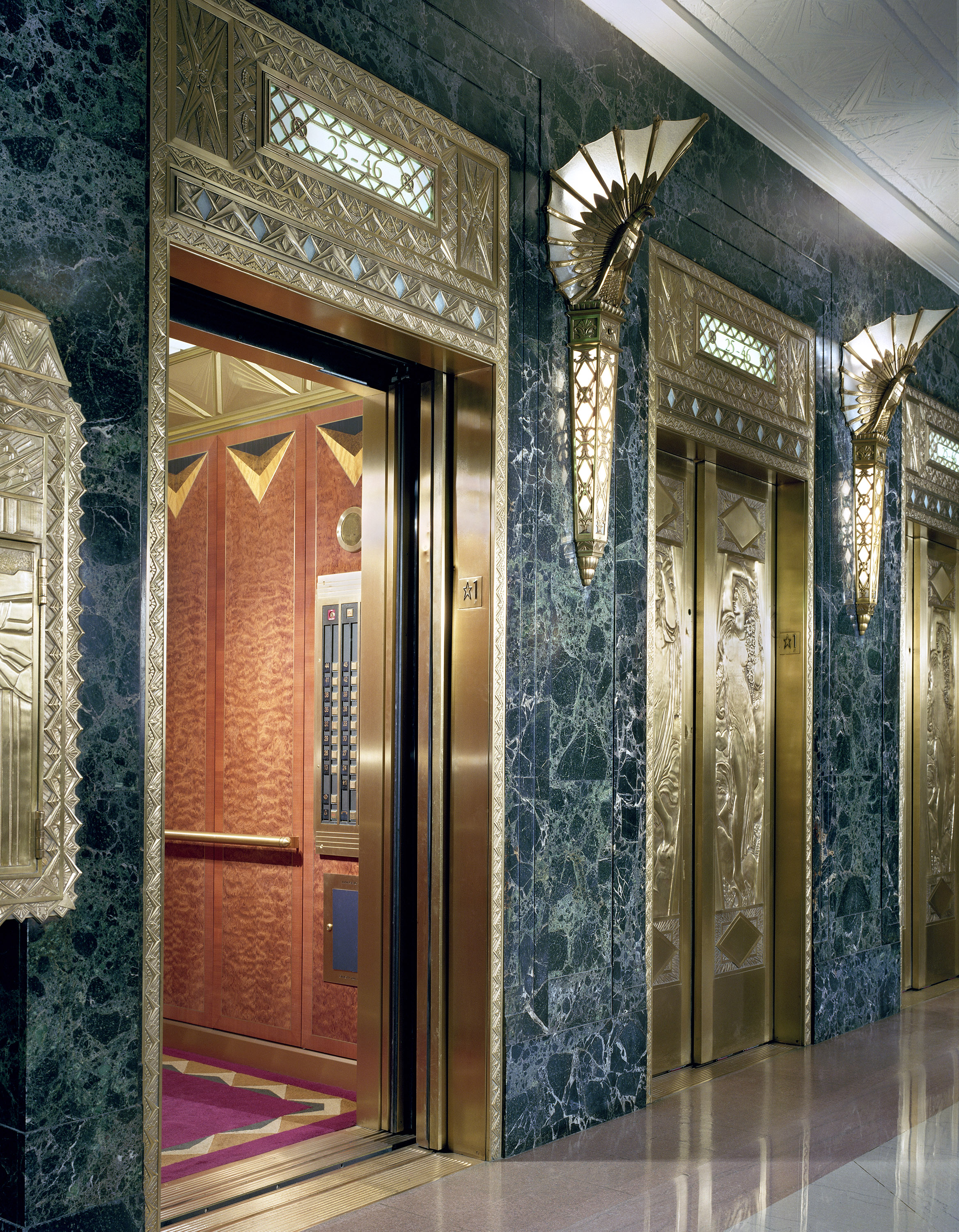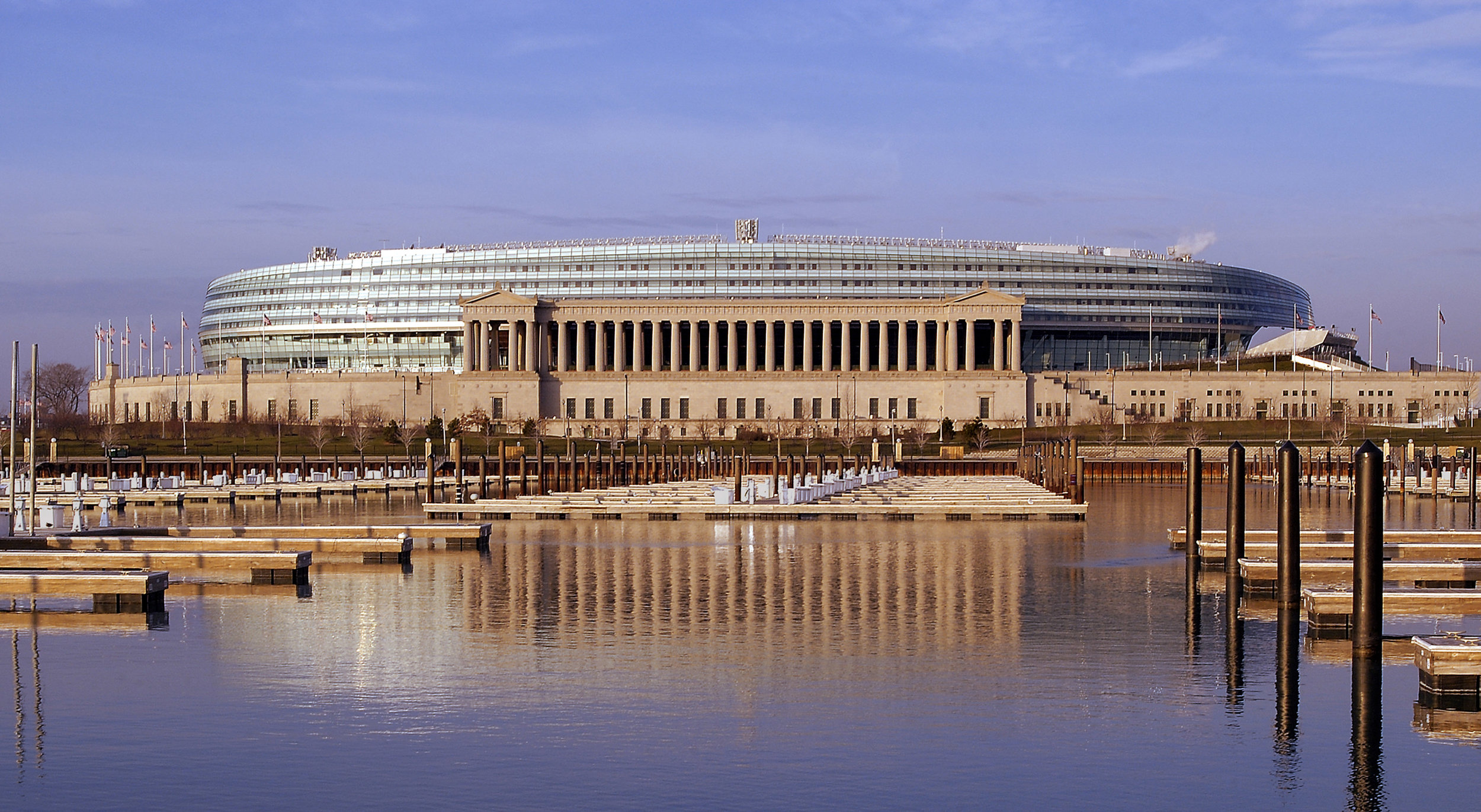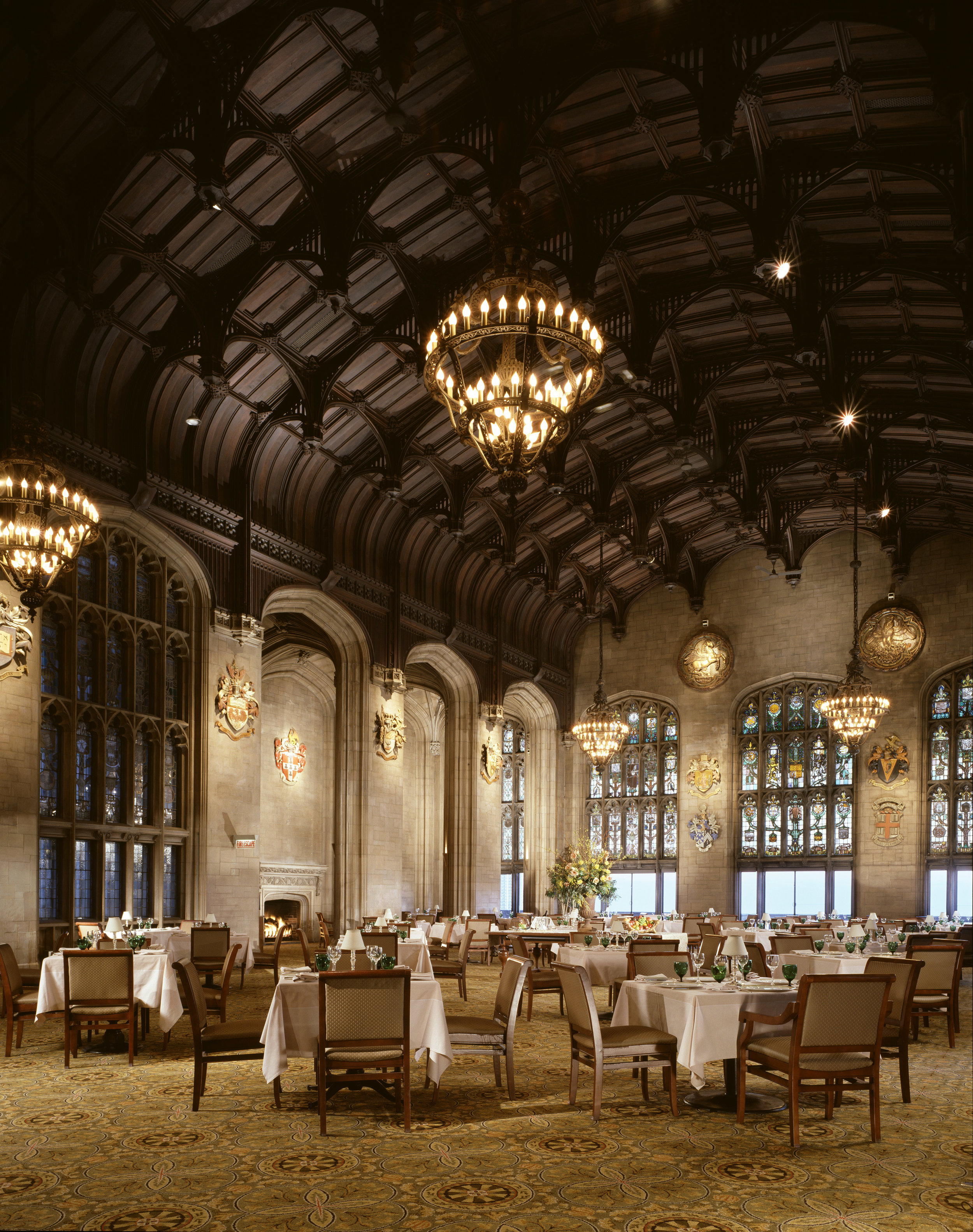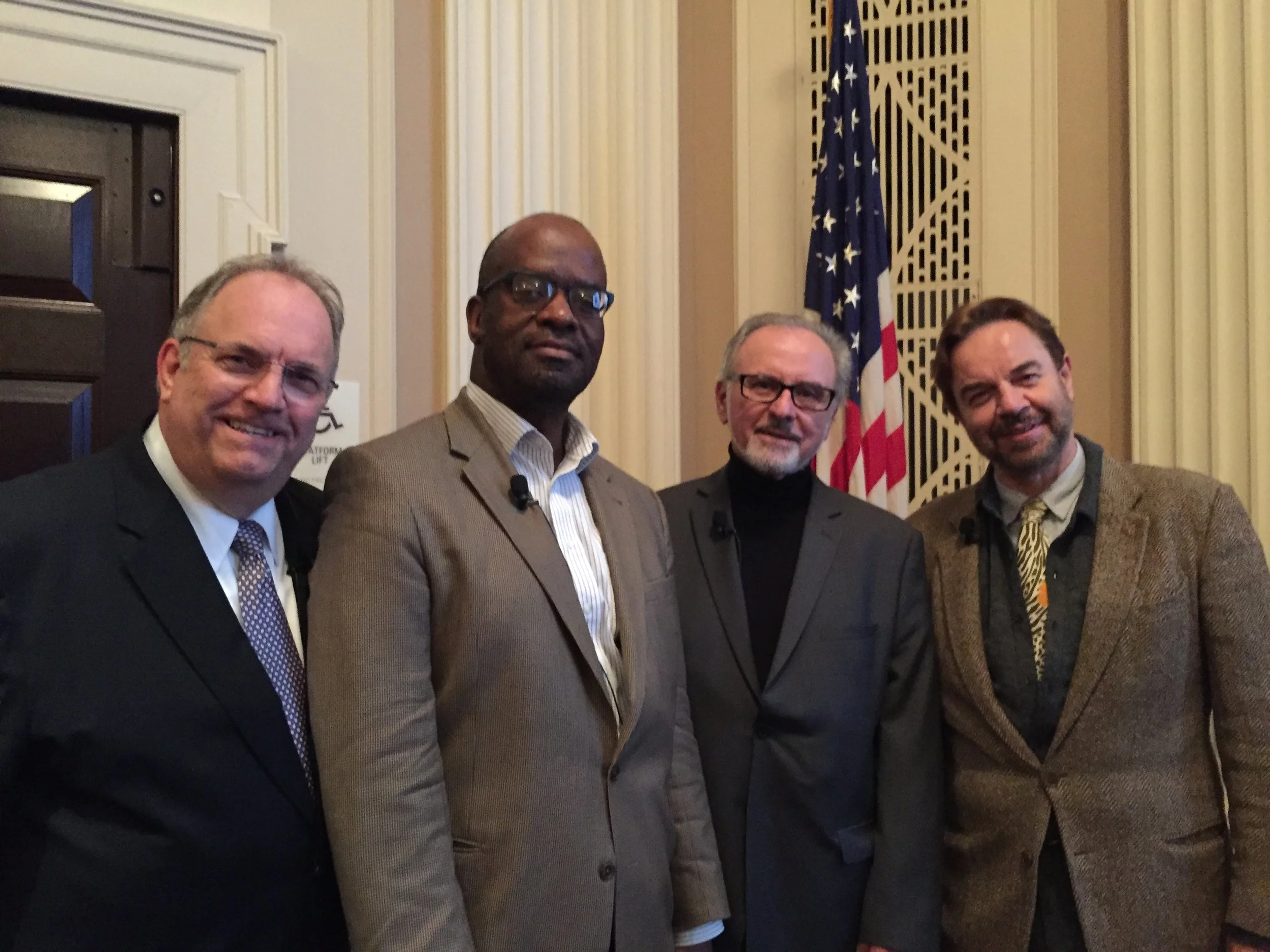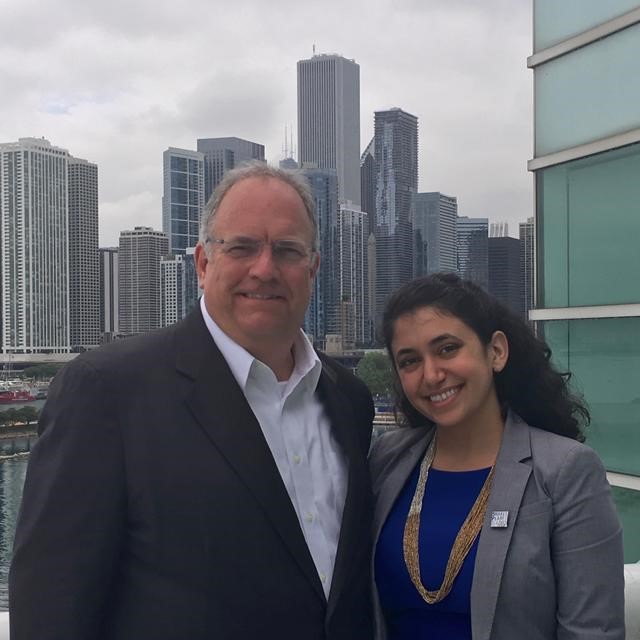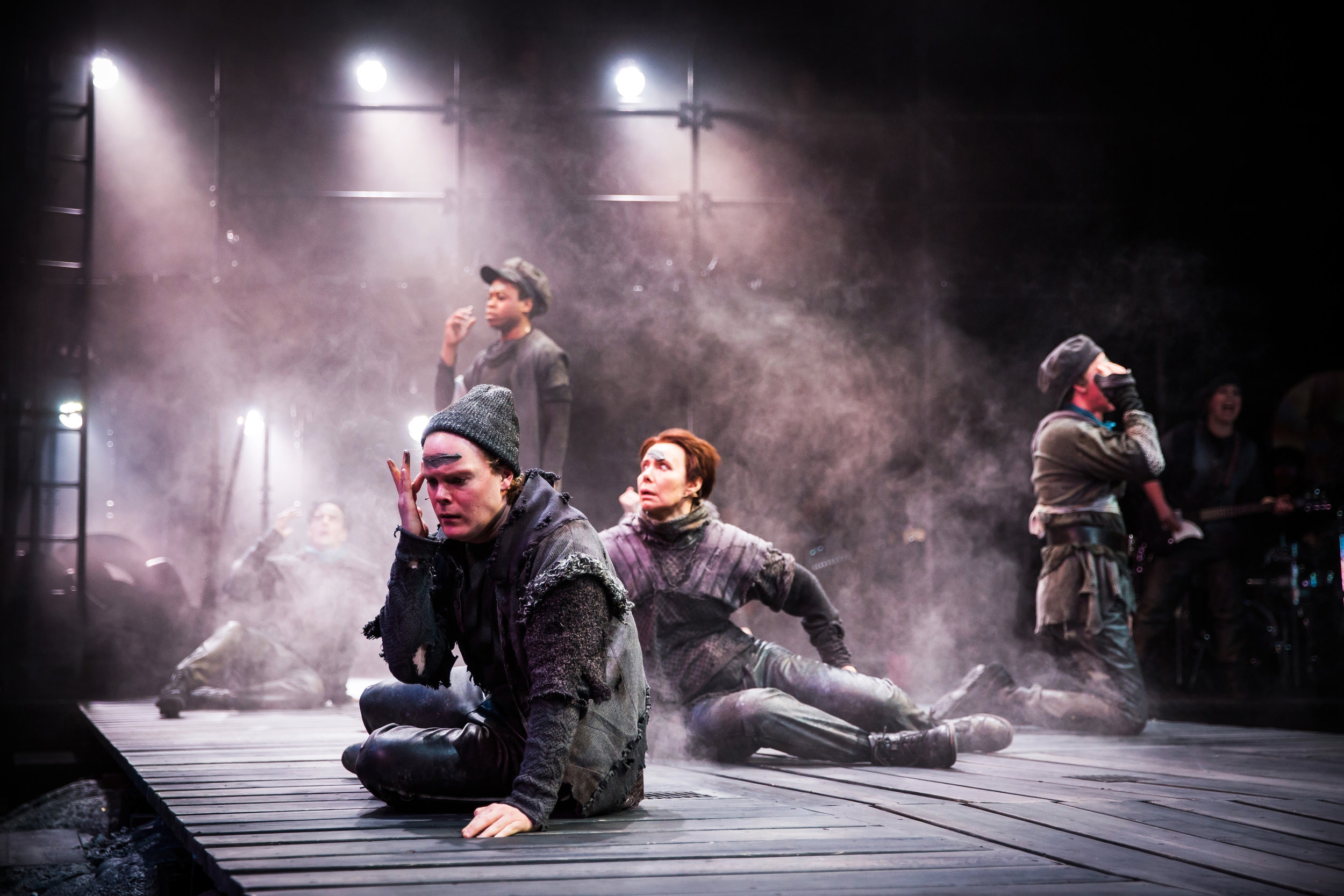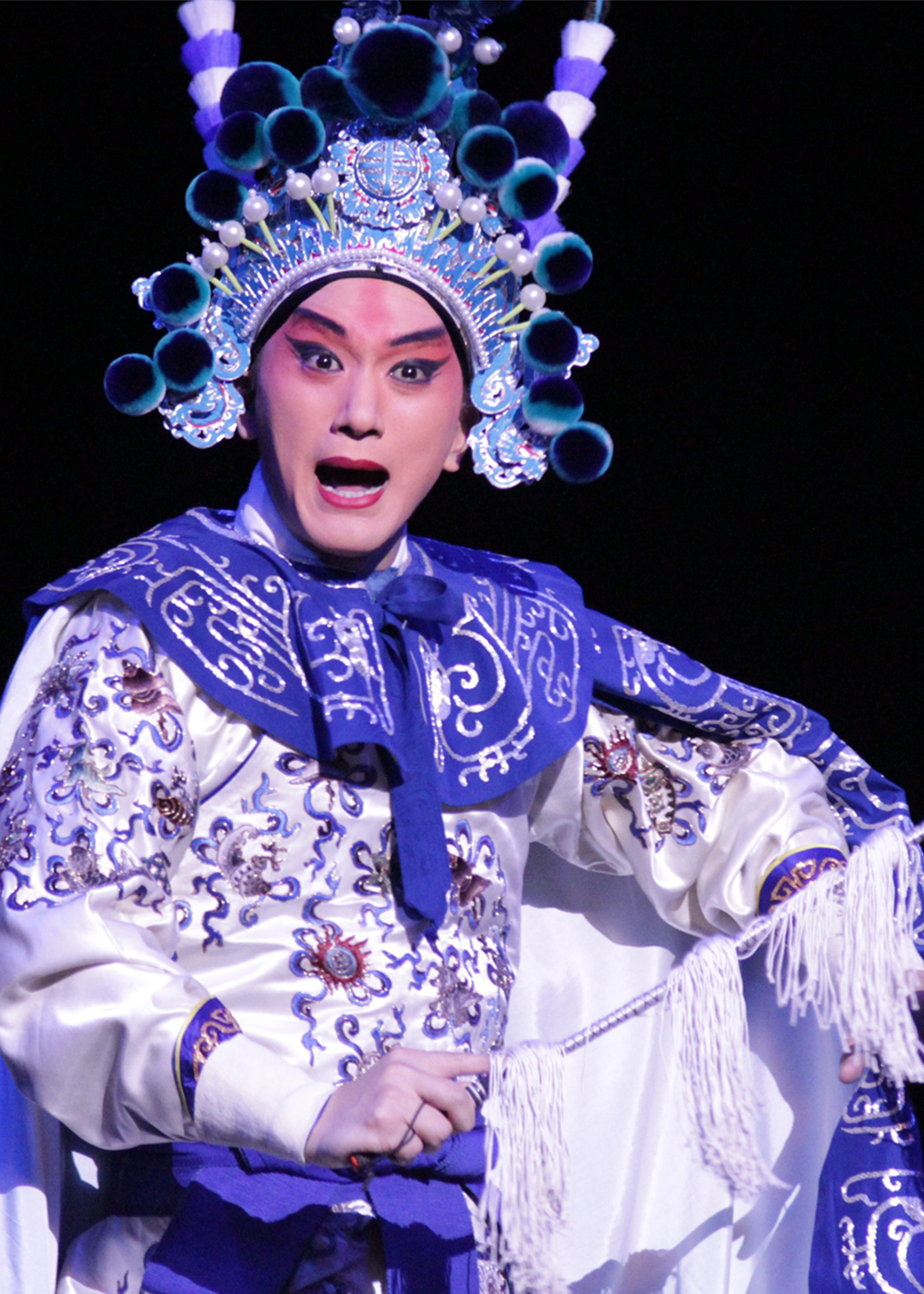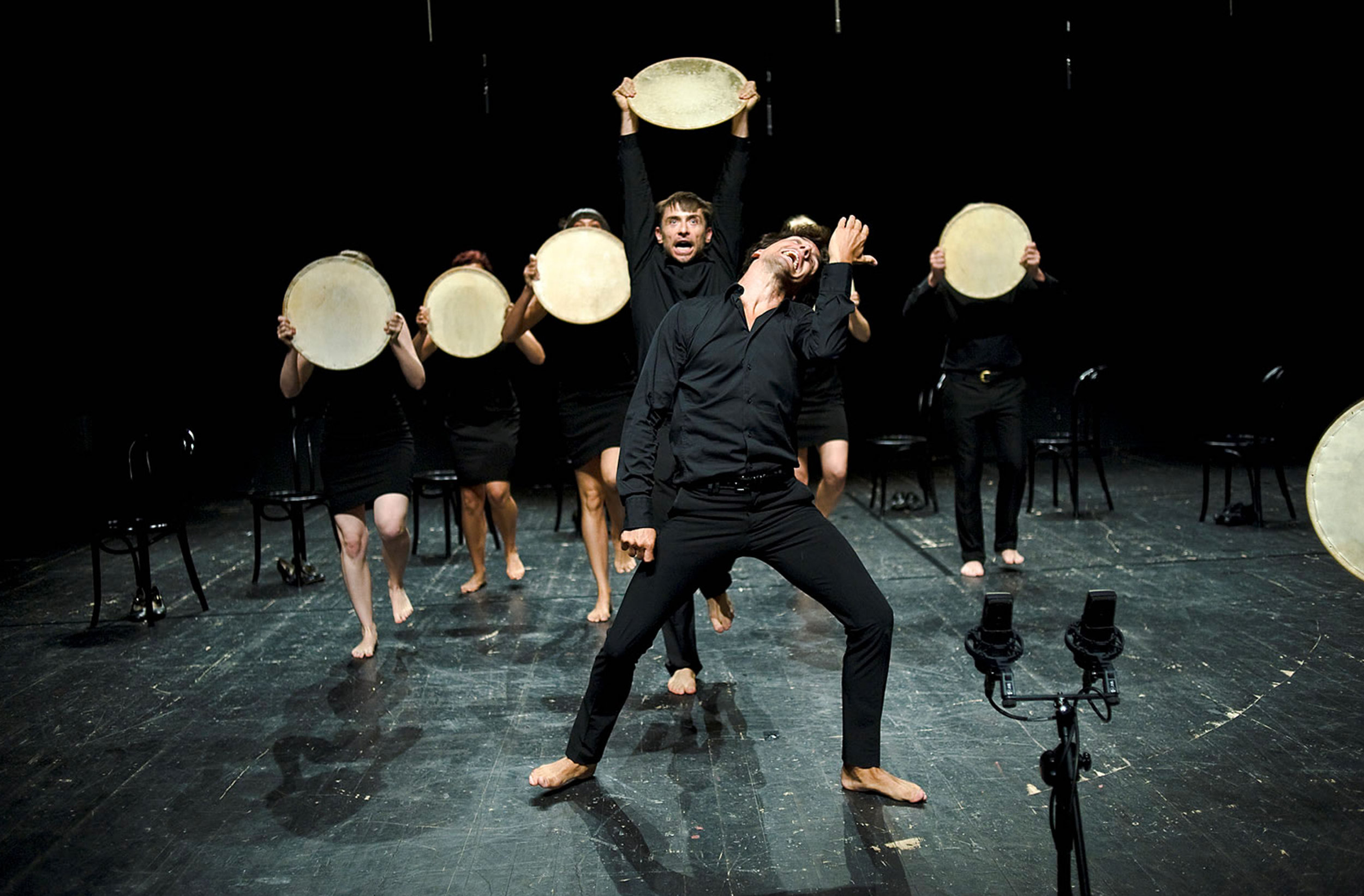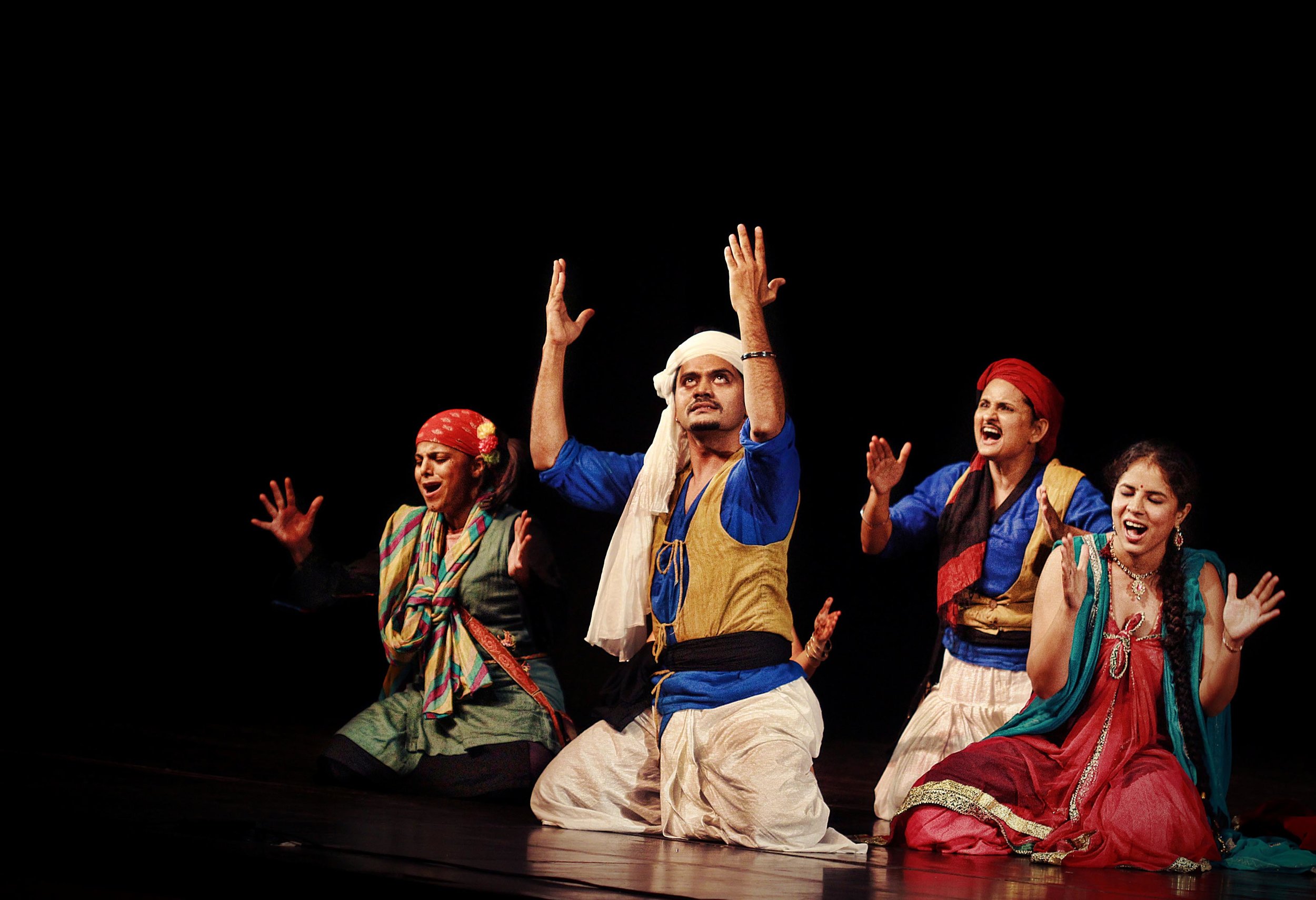A BOY NAMED MAX - A NIGHT AT THE STEINWAY PIANO GALLERY
Max Lai - Steinway Piano Gallery
After discovering the Steinway Piano Gallery in Hinsdale and speaking with Diane Duncan and Andree Marie Hancock, it was a pleasure to attend the recent holiday recital of Steinway Artist Jue He’s students on December 8th. It was a two-concert evening series with a couple dozen performers ranging in age from 4 to 15. The place was bursting with pride and admiration with a healthy amount of encouragement and goodwill to go around.
And, it is important to mention that these students get to perform their selections on an exquisite 9 foot Steinway concert grand piano. It all takes place in the bright, well-appointed 50-seat performance area that the Gallery provides to piano instructors free of charge. There is no doubt that it is the thrill of a lifetime for these budding musical artists to perform here. It just may be the catalyst that Steinway was hoping for all along to keep these students on a path to bigger and better things. As the old saying goes: “Do you know how to get to Carnegie Hall?” *
Something I did not count on was the amazing talent of every young person I heard at the recital. They are all immortalized on my personal digital recorder and Jue has a You-Tube channel dedicated to her student performances that you can visit to hear more.
Our conversation with Diane Duncan includes an overview of what Steinway is doing to support young artists and families. We also talk about teaching techniques with Jue. The highlight, however, is the performance and discussion with a 12 year-old boy named Max Lai who has given me reason to believe that the next generation of performing artists is a very talented lot indeed.
* Practice.
Performances on this episode of Conversations with Ed Tracy include:
Snowflake Rag by Nancy Faber performed by Abigail Wong
Rhapsody in G Sharp Minor by Johannes Brahms performed by Max Lai
Special Thanks to Diane Duncan and Andree Marie Hancock.



